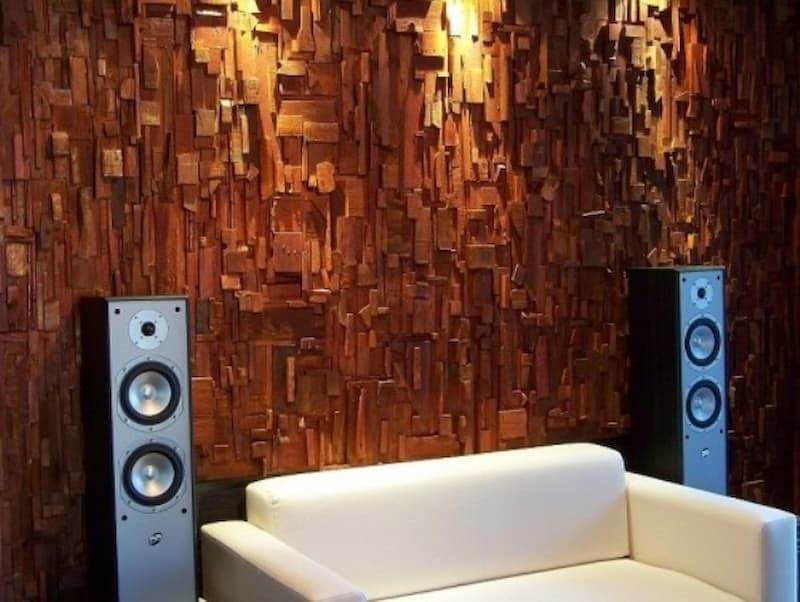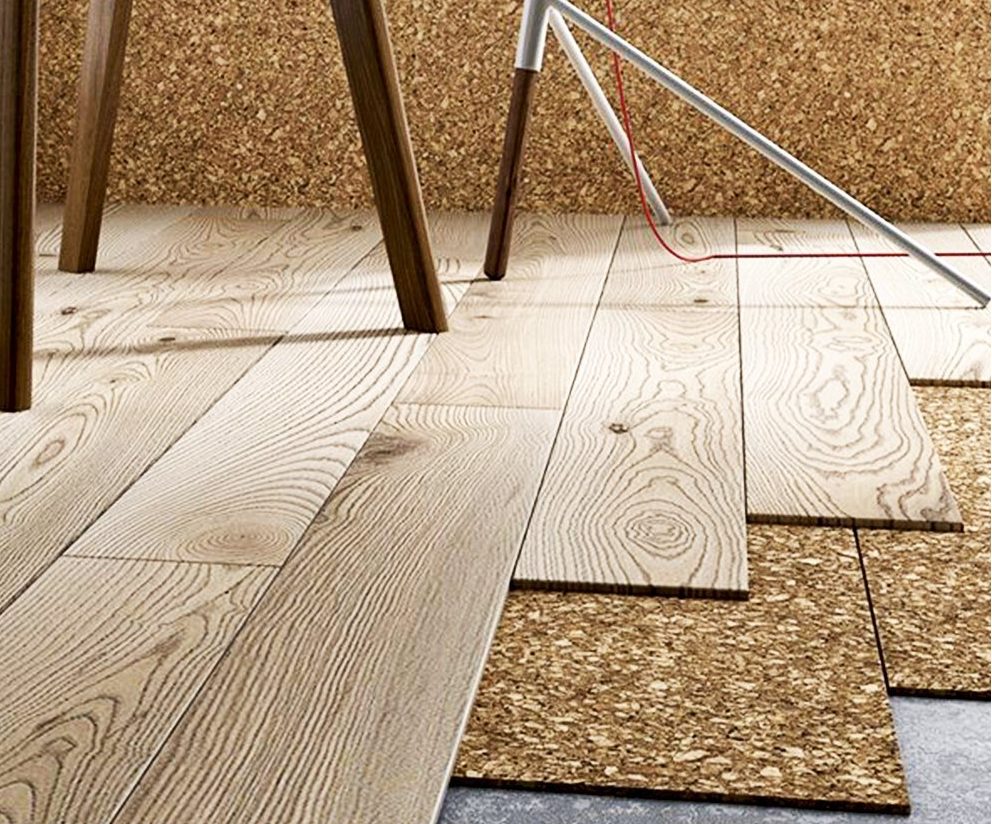How To: Soundproofing Sliding Glass Doors
As the proud owner of a beautiful sliding door, I can attest to its many benefits. Not only is it easy to use, but it also lets in ample natural light and provides breathtaking views of the outdoors. Plus, it saves us so much space, as it doesn’t require as much room to swing open and closed as traditional hinged doors.
However, there is one significant drawback to sliding doors that I’ve come to realize over time. They are notoriously poor sound barriers, which means that various noises from outside can easily penetrate our home. It’s not just outside noise that’s the problem; our internal noises, such as conversations and music, can also escape through the door’s gaps.
This issue with soundproofing has become a common problem for many sliding door owners. Fortunately, there are several ways to address this issue. In this guide, we will explore some effective solutions to soundproofing sliding glass doors. While it can be more challenging than soundproofing traditional hinged doors, we’ve got you covered with some practical tips and professional solutions to make your home quieter and more private.

Before you start!
The source of noise in a sliding glass door comes from two main factors. First, sliding doors are made of glass, which is a poor sound insulator, and second, the gaps between the sliding door panels and the frame allow sound to pass through easily.
Before you begin soundproofing sliding glass doors, you must first determine how much sound leakage there is in the room and what the sources are that are generating it. Because the glass is so thin, it’s easy to think that the doors and windows are to blame, but this isn’t always the case.
Conduct a thorough inspection and search for any gaps or cracks. The most frequent locations for these are around windows, door frames, and wall plugs. Acoustic sealant and putty pads will have to be used to fill them. Air vents in the house might also be a source of sound leakage. These might be standard air vents above the door or HVAC system vents.
The Main Ways to Soundproof Sliding Glass Doors
As previously said, soundproofing a sliding door is more difficult than soundproofing a hinged door. One explanation is that these doors are largely made of glass, which is thinner than a typical wood door, requiring the use of extra soundproofing materials to effectively block noise transmission.
Another reason for the challenge of soundproofing sliding doors is the way they work. Because they slide, covering them with heavy material would interfere with their operation. Moreover, thick materials will detract from their aesthetic appeal. So, soundproofing sliding glass doors – how to?
There are several techniques to effectively soundproof a sliding door without sacrificing the structure’s functionality or appearance. We’ll go through a few ideas to think about below.
1. Seal All Gaps
If there’s one step we’d recommend you to take, it’s this one: you’ll never be able to soundproof the door if you don’t properly seal all the areas where sound may get in, and even the tiniest of holes can let a lot of unwanted noise in. There are several ways to do it:
| 1. Use a brush weatherstrip | The best approach to create an airtight seal between the frame and the door is to use weatherstrips. Because it’s a sliding door, you’ll need a brush weatherstrip since the bristles will flex as the door slides, keeping it from being torn out. |
| 2. Install a door sweep | Door sweeps seal the space between the door and the floor, reducing noise. You can use a normal door or a brush sweep, depending on the door. |
| 3. Use acoustic caulk | Use acoustic caulk to fill up any tiny cracks that have developed between the frame and the wall over time. |
2. Apply a Soundproofing Film
Soundproofing film is a cost-effective solution that can help reduce noise transmission through the glass of a sliding door. The film is applied directly onto the glass and creates a barrier that reduces sound waves’ ability to travel through it. It works by absorbing some of the sound energy and reducing the vibrations that cause noise transmission. Soundproofing films come in different thicknesses and materials, and some are even tinted for added privacy.
When selecting a soundproofing film, it’s important to choose a high-quality product that is specifically designed for this purpose. The film should be thick enough to provide effective noise reduction, but not so thick that it affects visibility through the glass. It’s also important to ensure that the film is properly installed to maximize its soundproofing capabilities.
3. Install Soundproofing Curtains
Soundproof curtains or noise-reducing curtains are maybe the simplest technique to reduce sound transmission through sliding doors. The thick materials used in these curtains are designed to absorb soundwaves.
While they won’t lower the sound source’s volume, they will make the sound dissipate much faster, making the environment beyond the sliding doors much quieter. In other words, soundproof curtains reduce the quantity of unwanted noise by deadening the echoes generated by soundwaves.
Not only can soundproofing curtains reduce noise, but they also provide heat insulation. That is, they restrict heat transmission, preventing hot air from entering the room in the summer and cold air from entering in the winter through the sliding doors.
They help keep warm and cooled air from escaping via the sliding doors of your home. The soundproof curtains’ thermal insulation properties imply that the area will be not only quieter but also more pleasant. Additionally, they enhance your home’s energy efficiency and can help you save money on your electricity costs.
Video: Soundproof Curtains – www.AcousticFields.com
4. Install Sound Deadening Blankets
Hanging sound-deadening blankets over your sliding doors is another solution. This approach is similar to the one described above, except instead of curtains, sound-deadening blankets are used.
While the approach is comparable to that of soundproof curtains, it may be more effective. Because the blankets are composed of fiberglass, one of the most excellent soundproofing materials available. Sound deadening blankets can not only block out airborne noise, but they can also prevent soundwaves generated by structure-borne noise from passing through.
Because fiberglass sound deadening blankets come in a variety of sizes, make sure you measure your sliding door first. The blankets can be placed in one of two ways:
| 1. Grommets should be installed along the top of the blankets. Hang the blankets from a curtain rod above the entrance using the grommets. If you want to simply open and shut the covers without having to remove them, this is the preferable alternative. | 2. Hooks and anchors should be installed in the wall above the sliding door, and the blankets should be hung from the hooks. This approach is a quicker and more cost-effective alternative if you don’t mind removing the covers every time you want to let some light in. |
While sound deadening blankets can assist to reduce sound transmission, there is one drawback: they aren’t particularly beautiful.
Video: How To Make Acoustic Blankets – Sound Deadening DIY
5. Replace the Door with Double-Glazed Doors
If you don’t want your glass doors to be constantly blocked by curtains, you’ll have little choice but to go with the more expensive options. After all, what is the point of having glass doors in the first place if you are always concealing them with curtains?
It is possible to replace them with double-glazed doors, just as it is with windows. Double glazed glass is made up of two layers of thick glass separated by an insulating layer of air.
Because air is an excellent insulator, a high level of soundproofing may be produced by utilizing the space between the two glasses. Furthermore, you will not need to use curtains to muffle the sound. This solution would need the replacement of the current glass doors. This would be an extremely costly option (read more about double-glazed doors on mydecorative.com).
6. Install Triple-Pane Glass
If double glazed doors are not enough for you, Investing in triple-pane or laminated glass might be the one for your sliding door. However, this is the most expensive method.
When it comes to soundproofing windows or glass in general, it’s important to understand the difference between low and high-frequency sounds. It’s simpler to soundproof for low-frequency noises. The bass from vehicle audio or thunder from a storm is two examples.
High-frequency noises, such as birds singing or a newborn screaming, are more difficult to block. The sound deadening effect of a triple pane or laminated glass is achieved by generating dead space between the panes. Another advantage is improved heat and cold transfer insulation. As a result, your energy costs may be reduced (The Benefits of Triple Pane Glass on apco.com).
7. Buy a Soundproof Glass Door
There is another alternative if you want to go a different way and don’t want to deal with soundproofing an existing sliding door. Of course, this choice will be more expensive, but it will also be more effective.
A soundproof sliding door may be purchased, but how much do these doors cost and how do they operate? A sliding glass door will generally cost between $1,300 and $4,000. The broad price range is dependent on the door’s size, as well as the material and construction quality.
Purchasing a properly constructed soundproof sliding door has several advantages. Of course, nothing is truly soundproof, and that includes doors. These doors, on the other hand, do an excellent job of shielding 75 to 95 percent of outside noise!
These sliding glass doors may be seen in abundance in hotel rooms near airports. Multiple panes of glass are separately separated by an air gap, allowing for this amount of noise reduction.



